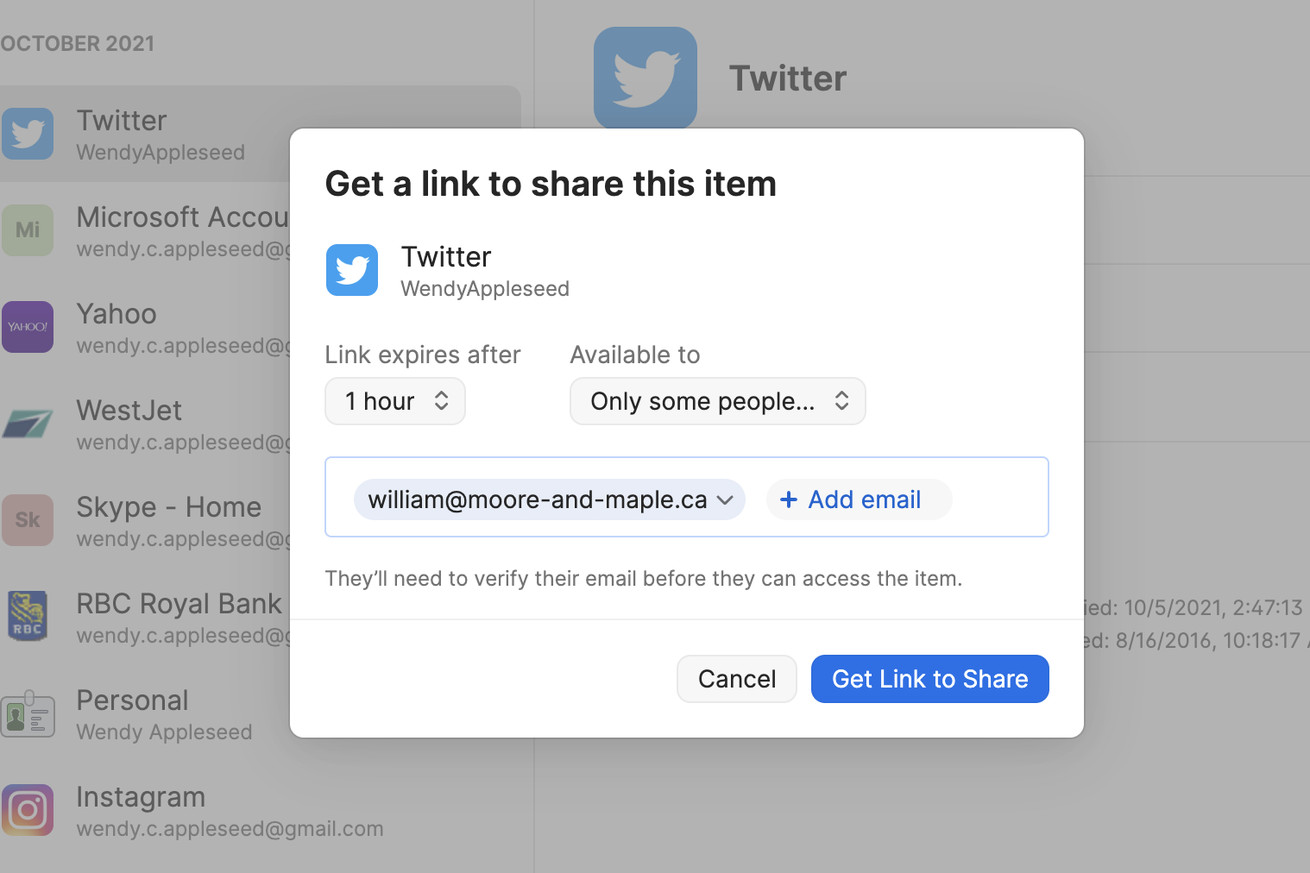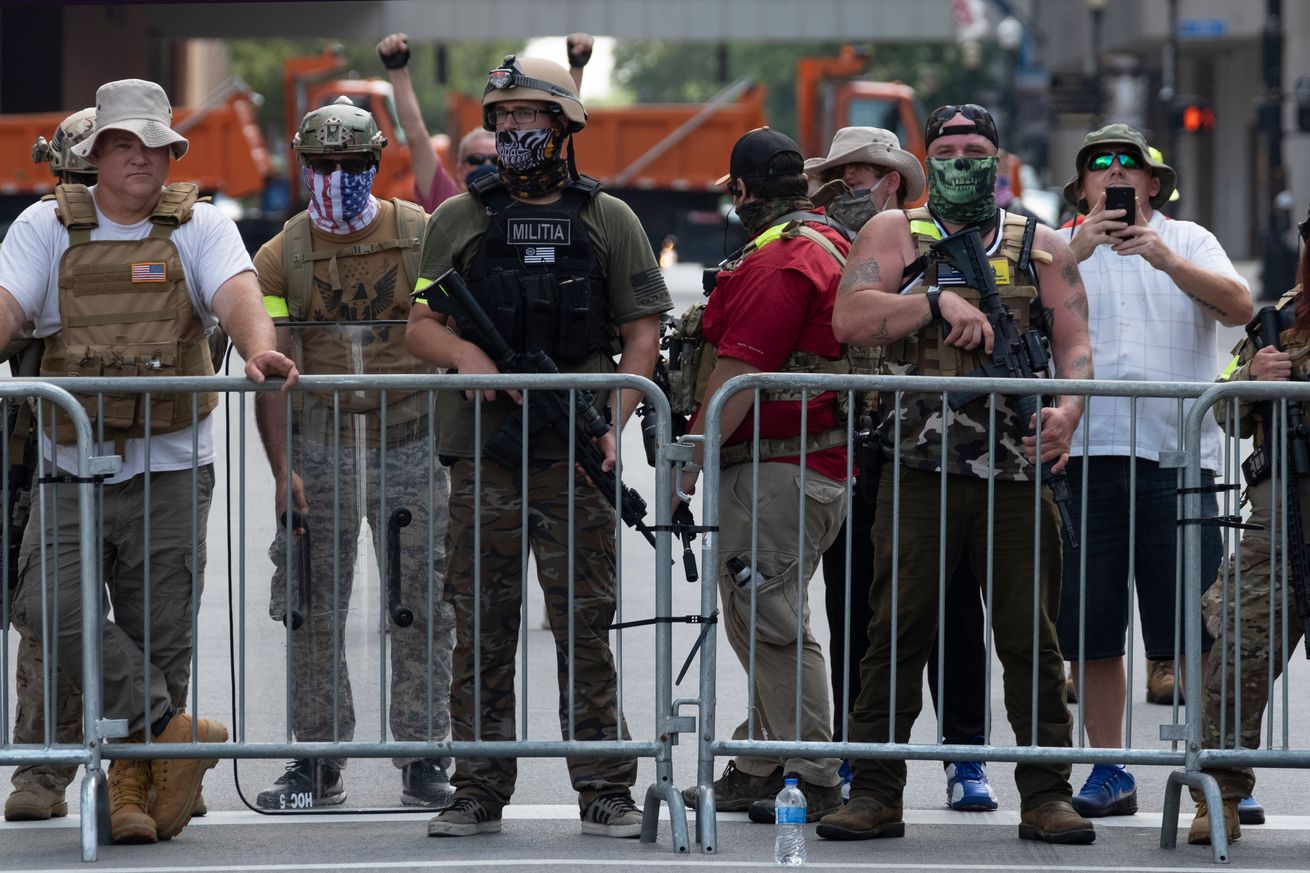Acer announced six new Chromebooks today, ranging from $400–$900.
Acer launches bacteria-resistant PCs
Acer expands its “antimicrobial” portfolio.
Drop’s new mechanical keyboards go up to $500
Drop drops new ready-to-buy keyboards at steep prices.
1Password will now let you share passwords with just a link

Password manager 1Password is making it easier to share passwords with anyone, with Psst! (password secure sharing tool), a new link sharing feature the company is releasing today. Instead of using 1Password’s pre-existing sharing options, which require an account, or just copying and pasting log-in information, which is inherently insecure, Psst! makes sharing a password a bit more like sharing a Google Doc with someone.
You can create a link to share password credentials, set when it expires (when the first person views it, or at one hour, one day, one week, 14 days, or 30 days), and share the password with specific people (via their emails) or for anyone with the link. The whole process is a lot like sharing a link to a Google Drive folder or a Google Doc. You can get an idea of how the whole thing works by watching the video 1Password created:
The experience for someone receiving a link can vary depending on the share settings. If you set what you’re sharing to be viewable by anyone, the link will just open up into a copy of the credentials at the time they were shared. If what you shared is only meant for a specific set of people, they have to confirm their email and then receive a one-time verification code to enter and receive access. It’s worth noting that the link only allows access to a copy of the information shared when you created the link. If you change the password stored in your vault later, old links won’t display the new password.
The added security Psst! brings is partially dependent on the security of the email receiving those verification codes (one can imagine a scenario the receiver’s account has been compromised), but this method keeps the rest of your vault’s information secure, provides a way to track who accessed the login, and access to the login expires whenever you decide it should.
Facebook has banned nearly 1,000 ‘militarized social movements,’ documents reveal

Facebook has placed at least 986 groups on a private list of banned “militarized social movements,” according to internal Facebook documents published by The Intercept. The documents hint at the scale of militia organizing on Facebook — something the company cracked down on in August of 2020.
Militarized social movements are one part of Facebook’s larger “dangerous individuals and organizations” list, which The Intercept published a snapshot of in its entirety. The term refers to armed groups that promote armed conflict, as well as groups that support violence or looting at protests; in practice, it’s apparently composed largely of right-wing militias with some left-wing, anarchist, or generally anti-government organizations.
Facebook’s “dangerous individuals” list also includes white supremacist bands, hate groups like the Ku Klux Klan, and branches of Al Qaeda and other global terrorist organizations. All are banned from maintaining pages, groups, or profiles on the service. Beyond that, the categories are sorted into tiers. Tier 1 includes hate and terror groups, and Facebook users can’t express praise or support for them in any form. Tier 2 includes “violent non-state actors” like armed rebels that can only be praised for nonviolent activities. Militarized social movements are designated as Tier 3, which don’t have comparable restrictions on how users discuss them.
Facebook noted in October of 2020 that it had identified 600 militarized social movements and removed around 2,400 pages and 14,200 groups maintained by them. The company also said it had removed 1,700 pages and 5,600 groups associated with QAnon — which is designated a militarized social movement but is not an organized group.
As The Intercept notes, the group designations can be fuzzy. One subset of the violent boogaloo movement, for instance, is classified as a Tier 1 terrorist organization, while the larger movement is a militarized social movement. The designation also includes news outlets like the anarchist site It’s Going Down — which could theoretically have been grouped under the umbrella of “supporting violent acts amid protests” but is listed as an “armed militia group.”
Facebook has been criticized for both overly lax and overly punitive enforcement. But most recently, it’s come under general scrutiny for not releasing details about its operations to outside researchers or policymakers, something that makes it more difficult to evaluate its moderation strategy.
In statements to The Verge, Facebook said it had not previously released the list because publishing too many details might compromise the effectiveness of moderation.
“This is an adversarial space, so we try to be as transparent as possible while also prioritizing security, limiting legal risks, and preventing opportunities for groups to get around our rules,” said counterterrorism and dangerous organizations policy director Brian Fishman.
SteelSeries’ new $45 TKL keyboard survives spills and dust
Company targets gamers with IP32 certification and eight-zone RGB backlight.
“Unleashed”: Apple’s next, probably Mac-focused event happens October 18
We expect to hear news about faster Apple Silicon Macs and macOS Monterey.
Google TV features finally make sense with new multi-user support
Content recommendations and watch lists will finally be personalized per user.
Microsoft puts the Windows Subsystem for Linux in its app store for faster updating
New WSL preview is available in the Microsoft Store for Windows 11 users now.
Apple releases iOS and iPadOS 15.0.2, with fixes for CarPlay, Photos, and more
Apple is still testing iOS and iPadOS 15.1, which will include new features.
